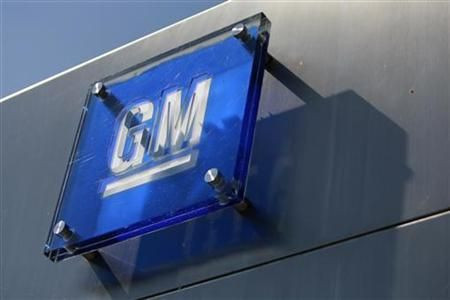U.S. Regulators Investigate General Motors' Chevrolet Volt Fire

U.S. officials have launched an investigation to scrutinize the safety of lithium-ion batteries used to power electric vehicles after a General Motors Chevrolet Volt caught fire in a routine test.
Officials at the National Highway Transportation Safety Agency have also asked other auto-makers like Nissan and Ford Motor Co., who plan to manufacture electric cars, to provide information on how they handle the batteries.
However, safety officials said that they don't believe that electric cars are at a greater risk for catching fire than gasoline-powered vehicles.
According to GM agency official, the Volt caught fire as it was parked at a National Highway Traffic Safety Administration testing center in Wisconsin following a crash test.
First and foremost, I want to make this very clear: The Volt is a safe car. We are working cooperatively with NHTSA as it completes its investigation. However, NHTSA has stated that based on available data, there's no greater risk of fire with a Volt than a traditional gas-powered car, Jim Federico, GM chief engineer for electric vehicles, said in a statement.
Nevertheless, the NHTSA will continue to conduct similar tests to ensure that the various electric cars adhere to all safety standards.
The GM incident comes as a setback as President Barack Obama plans on launching 1 million electric vehicles on U.S. roads by 2015. This is part of the Obama administration strategy to lower the dependence on foreign oil.
In fact, the U.S. Energy Department and European Investment Bank have been providing assistance to facilitate the functioning of battery company and auto makers.
© Copyright IBTimes 2025. All rights reserved.





















